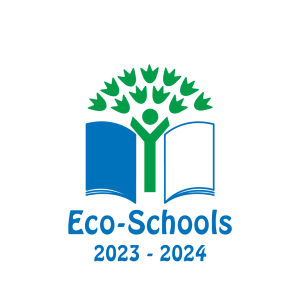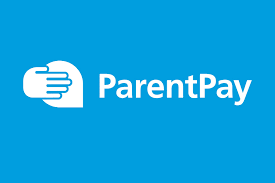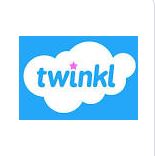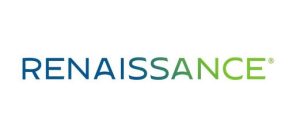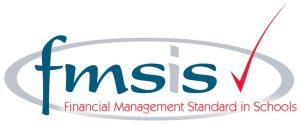Long Term Plan
Intent
Our curriculum is designed to:
Build on a child’s prior learning, abilities and experiences - Understand and explore how music is created, produced and communicated, including through the inter-related dimensions: pitch, duration, dynamics, tempo, timbre, texture, structure and appropriate musical notations.
To provide stimulating and relevant first-hand experiences – Visits and working with instruments.
Enable children to apply skills and knowledge in meaningful contexts - Perform, listen to, review and evaluate music across a range of historical periods, genres, styles and traditions, including the works of the great composers and musicians.
To develop interpersonal skills – Use of correct vocabulary that has been built up through the years.
Build resilience, collaboration and perseverance – To analysis music and their own work. To work in groups to create music and read music along with learn to play instruments such as recorders.
Support resourceful and reflective learners - appreciate and understand a wide range of high-quality live and recorded music drawn from different traditions and from great composers and musicians
Implementation:
Early Years:
Recognise repeated sounds and sound patterns. match movements to music. use their imagination in music, dance, imaginative and role play and stories.
Express and communicate their ideas, thoughts and feelings by using a variety of songs and musical instruments.
Key stage 1
Pupils should be taught to:
Keep a steady Pulse in a group and to be able to pick out two different tempos in music.
Repeat back short basic rhythms and perform rhythmic ostinatos.
Sing back short melodies that use 2 pitched notes and develop the concept of pattern work in music using rhythmic grids.
Keep a steady pulse in a group and solo with musical accompaniments.
Demonstrate at least 2 different time signatures.
Key stage 2
Pupils should be taught to:
design, write and debug programs that accomplish specific goals, including controlling or simulating physical systems; solve problems by decomposing them into smaller parts
use sequence, selection, and repetition in programs; work with variables and various forms of input and output
use logical reasoning to explain how some simple algorithms work and to detect and correct errors in algorithms and programs
understand computer networks, including the internet; how they can provide multiple services, such as the World Wide Web, and the opportunities they offer for communication and collaboration
use search technologies effectively, appreciate how results are selected and ranked, and be discerning in evaluating digital content
select, use and combine a variety of software (including internet services) on a range of digital devices to design and create a range of programs, systems and content that accomplish given goals, including collecting, analysing, evaluating and presenting data and information
use technology safely, respectfully and responsibly; recognise acceptable/unacceptable behaviour; identify a range of ways to report concerns about content and contact
Impact:
Our children will become confident when using technologies. They will develop the knowledge and skills to access information and use technology in their everyday lives in a responsible and respectful way and know how to keep themselves safe. Children will be taught how to find the right balance between using technology and having a healthy-lifestyle. Teachers and children will regularly discuss this to enable children to see the importance using technology appropriately.
Children will be inquisitive by asking questions at the beginning of a unit of work, they will then think about what they want to learn. They will be provided with a rich vocabulary for what is being taught and they will use this vocabulary throughout lessons and at the end will share what they have learnt. What the children have leant will be shared with their next class teacher.
Half termly interviews with children will help our school to understand the impact of teaching. Children will know and remember more and be able to talk about their learning using vocabulary effectively.
Children will have many opportunities to share their learning and work collaboratively with support partners in way in which it challenges children who are more able and supports others.
Medium Term Planning
Year 1 MT plan
Year 2 MT plan
Year 3 MTP
Year 4 MT plan
Year 5 MT plan
Year 6 MT plan
Long Term Planning

